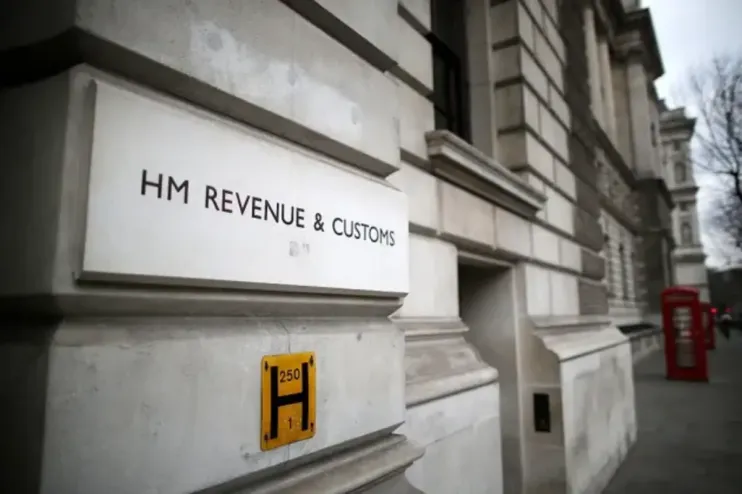🎧 Listen to This Article
HM Revenue & Customs (HMRC) has reinforced that taxpayers who fail to settle their tax liabilities on time may face progressively increasing penalties under Schedule 56 FA 2009. The rules apply to a wide range of taxes, including PAYE, National Insurance Contributions (NICs), Income Tax, Capital Gains Tax (CGT), Construction Industry Scheme (CIS), Bank Payroll Tax, and excise duties such as SDIL and Plastic Packaging Tax (PPT).
How Late Payment Penalties Work
A penalty is triggered if a taxpayer does not pay the full amount by the due date, unless there is a reasonable excuse. Once the excuse ends, payment must be made without unreasonable delay. HMRC calculates penalties as a percentage of unpaid tax, which varies depending on the type of tax and the length of the delay.
For most taxes, the penalty regime is progressive:
- Initial penalty: for basic late payment
- Secondary penalties: if unpaid after 6 and 12 months
- Excise, SDIL, and PPT: secondary penalties apply at 5 and 11 months
This progressive system means a single unpaid tax liability can attract multiple penalties over time. HMRC issues a formal penalty assessment, which can be appealed or reviewed. In certain circumstances, penalties can be deferred or reduced.
Key Taxes Covered
- PAYE and NICs
- Income Tax & Capital Gains Tax (IT & CGT)
- Construction Industry Scheme (CIS)
- Bank Payroll Tax (BPT)
- Registered Pension Schemes (RPS)
- Machine Games Duty (MGD)
- Annual Tax on Enveloped Dwellings (ATED)
- Soft Drinks Industry Levy (SDIL)
- Plastic Packaging Tax (PPT)
- Excise Duties for use on ships, aircraft, or trains
HMRC Guidance and Upcoming Changes
Late payment penalties for VAT from 1 January 2023 fall under Schedule 26 FA 21 and will extend to Income Tax Self Assessment (ITSA) from April 2026. HMRC guidance is available at CH193000 FA09/SCH56.
Practical Takeaways
Taxpayers should:
- Monitor payment due dates carefully
- Address any unpaid tax immediately once a reasonable excuse ends
- Seek professional advice if penalties are assessed to explore review, appeal, or potential reduction
HMRC stresses that timely payment protects both taxpayers and the integrity of the UK tax system. Delays not only incur penalties but can trigger further compliance actions.
For any questions, clarifications, feedback, or contributions regarding this article, please contact us at editorial@tax.news. We welcome your input and are dedicated to delivering accurate, timely, and insightful tax news. All inquiries will be handled confidentially in accordance with our privacy policy.



